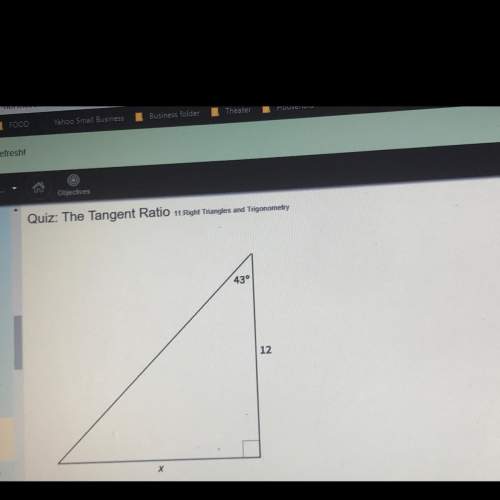
Mathematics, 07.03.2020 04:42 Morganwing1019
Let X, Y, Z be random variables. Prove or disprove the following statements. (That means, you need to either write down a formal proof, or give a counterexample.)
Statement 1. If X and Y are (unconditionally) independent, is it true that X and Y are conditionally independent given Z?
Statement 2. If X and Y are conditionally independent given Z, is it true that X and Y are (unconditionally) independent?

Answers: 2


Another question on Mathematics

Mathematics, 21.06.2019 14:40
Choose the correct classification of 3x4 − 9x3 − 3x2 + 6. 5th degree polynomial 4th degree polynomial 9th degree polynomial 24th degree polynomial
Answers: 1

Mathematics, 21.06.2019 17:00
Asailor is looking at a kite. if he is looking at the kite at an angle of elevation of 36and the distance from the boat to the point where the kite is directly overhead is 40 feet, how high is the kite?
Answers: 3

Mathematics, 21.06.2019 20:10
What additional information could be used to prove abc =mqr using sas? check all that apply.
Answers: 1

Mathematics, 21.06.2019 20:30
The cost of using a service is $0.25 per min. what equation correctly represents the total cost c, in dollars, for d days of use?
Answers: 2
You know the right answer?
Let X, Y, Z be random variables. Prove or disprove the following statements. (That means, you need t...
Questions

Business, 08.06.2021 02:20


Mathematics, 08.06.2021 02:20

History, 08.06.2021 02:20



Mathematics, 08.06.2021 02:20


English, 08.06.2021 02:20

Geography, 08.06.2021 02:20

Mathematics, 08.06.2021 02:20


Mathematics, 08.06.2021 02:20

Chemistry, 08.06.2021 02:20

Mathematics, 08.06.2021 02:20

History, 08.06.2021 02:20




Mathematics, 08.06.2021 02:20




